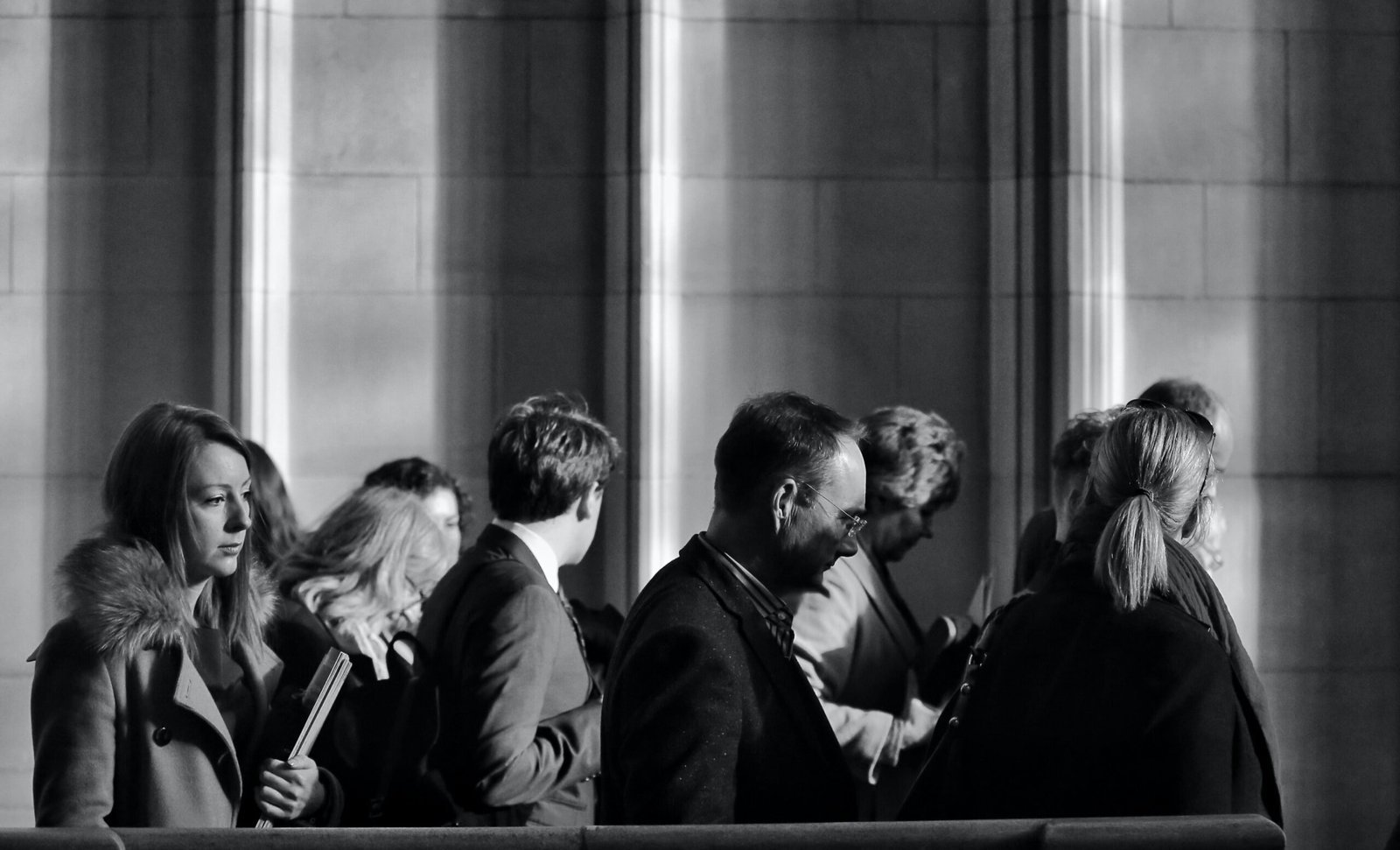Table of Contents
There is a phrase that some people often use: “the world doesn’t owe you a living.” While commonly attributed to the esteemed Mark Twain, the original quote “Don’t believe the world owes you a living; the world owes you nothing – it was here first.” was in fact first said by Robert Jones Burdette according to the 1949’s “Dictionary Of Humorous Quotations“.
What does it mean “the world doesn’t owe you a living”?
This counsel was originally part of an oration directed towards younger men, simply implying that diligence and usefulness should be fundamental values. Ultimately, the phrase “the world doesn’t owe you a living” can be seen as a reminder that individuals must take responsibility for their own lives and actively contribute to society. Yet, this notion could potentially lead to a territory of Darwinian cruelty where widespread hardships and human crisis could be callously disregarded by some as “someone else’s trouble.”
Over 820 million people worldwide do not have enough food to eat
A Darwinian view implies extreme competition where every man fights for himself, and there are no set rules or boundaries to adhere to. But let’s consider this thought – if there are no rules, can you legitimately critique anyone for stepping out of line, or even feel bitter when they do?
However, when we delve into the concept of the social contract, as proposed by political philosopher Thomas Hobbes, we can gain a deeper understanding of the dynamics between individuals and society. Human society functions based on reciprocity – every one of us contributes to the communal pot, and in return, we receive benefits. This is a clear indication that the world is indeed not a Darwinian struggle for survival, rather a complex web of interdependence. The collective contribution to the social and global good enables adequate living – the world in a way then does owe us a living.
The Social Contract
Hobbes argued that there exists an invisible social contract that binds people together in a society. According to this theory, individuals willingly give up some of their freedoms and submit to the authority of a governing body in exchange for protection and the maintenance of order. In this context, it can be argued that society does owe its members certain rights and opportunities.
The social contract implies that individuals have a right to expect a certain level of support and assistance from society. This can include access to education, healthcare, and opportunities for personal and professional growth. While the specifics of these entitlements may vary across different societies, the underlying principle remains the same.
Contrary to the strict interpretation of the ‘world doesn’t owe you a living’, the social contract argues that society does owe you a place to contribute and benefit from mutual cooperation. An environment that, however imperfect, guarantees some semblance of stability over rampant chaos.
A Two-Way Street
However, it is important to note that the social contract is a two-way street. Individuals also have responsibilities towards society, such as obeying laws, paying taxes, and contributing positively to the community. The idea that the world owes us a living without any effort on our part goes against the principles of the social contract.
In conclusion, the concept of the social contract sheds light on the relationship between individuals and society. While society does owe its members certain rights and opportunities, individuals also have responsibilities towards society.
So next time you feel tempted to endorse the idea that ‘the world doesn’t owe you a living’, take a moment to reflect on the underlying principles of the extensive societal web we live in.
Remember, the world may not owe you a living, but in a functional society, it provides opportunities for one.




Pingback: The Debate: Capitalism vs Free Market Capitalism